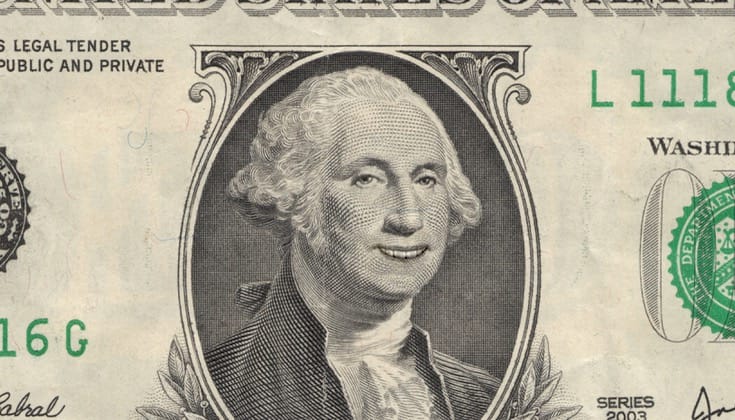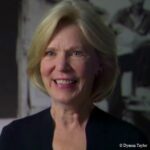Economics affects how we live and how happy we are. Yet most people ignore economics, even though it has a powerful impact on our lives and our future. Take our two biggest worldwide challenges: global warming and income inequality. United Nations climate scientists warn that time is running out if we are to avoid destroying our planet and our way of life. Income inequality rivals that of the Gilded Age, with economists predicting that inequality will continue to grow, along with political turmoil.
Both of these challenges are profoundly influenced by economics. Overcoming them will require a complete rethinking of our economic system, our lives, and what matters to us. We must learn to live in harmony with nature and with one another.
As a professor of economics and a student of Buddhism, I have been grappling for some time with the troubling disconnect between free market economics and the issues of the real world. In an era marked by vast economic disparities and the threat of environmental collapse, with opulent living for a few, comfortable living for many, and deprivation with suffering for most, something is clearly wrong.
What makes people happy? This question takes us to the heart of the difference between free market economics and Buddhist economics: our human nature.
Free market economics is not guiding us toward living meaningful lives in a healthy world.
According to Buddhist economics, human nature is generous and altruistic, even as it also cares about itself. Buddha taught that all people suffer from their own mental states, with feelings of discontent that come from desiring more and more. The Dalai Lama tells us that the feeling of not having enough and wanting more does not arise from the inherent desirability of the objects we are seeking but from our own mental illusions. Buddha taught us how to end suffering by changing our states of mind, which translates into finding happiness through living a meaningful life.
Free-market economics holds that human nature is self-centered, and that people care only about themselves as they push ahead to maximize their incomes and fancy lifestyles. According to this approach, buying and consuming—shopping for new shoes or playing a new video game—will make you happy. Forget that soon you will grow tired of the shoes, become disappointed with the game, and be off shopping again. In this endless cycle of desire, we are continuously left wanting more without ever finding lasting satisfaction. Free market economics is not guiding us toward living meaningful lives in a healthy world, nor is it offering solutions to our concerns about global wars, income equality, and environmental threats.
Buddhist economics, in contrast, provides guidance for restructuring both our individual lives and the economy to create a better world. “Practice compassion to be happy” replaces “More is better.” “Everyone’s well-being is connected” replaces “Maximize your own position.” “The welfare of humans and nature is interdependent” replaces “Pollution is a social cost that the individual can ignore.”
The term “Buddhist economics” was first coined by E. F. Schumacher in his 1973 book Small Is Beautiful: Economics as if People Mattered. Schumacher foresaw the problems that come about with excessive reliance on the growth of income, especially overwork and dwindling resources. He argued for a system that valued individual character development and human liberation over an attachment to material goods. In Schumacher’s view, the goal of Buddhist economics is “the maximum of well-being with the minimum of consumption.”
We can reprogram our economic system to create, measure, and evaluate what we value.
My approach expands on Schumacher’s notion of Buddhist economics to accommodate a world that couldn’t have been envisioned in 1973, and to advocate an approach to organizing the economy so that a meaningful life reflects our caring for one another and global sharing of the world’s resources in a sustainable system.
The Buddha taught that true happiness does not come from the external world, not from fame or consumption or friends or power. True happiness comes from within ourselves as we surrender to the great unknown, develop love and compassion for everyone, and become aware of every precious moment of life.
We are failing at both the personal and the national level, and we must wake up and take action. And we do not have to don sackcloth and stop living comfortable, interesting, and fulfilling lives to do so. We can reprogram our economic system to create, measure, and evaluate what we value, to develop well-performing economies that provide meaningful lives for everyone while protecting the planet. Buddhist economics can guide us along the way.
Excerpted from Buddhist Economics: An Enlightened Approach to the Dismal Science (Bloomsbury). © 2017 by Clair Brown.

